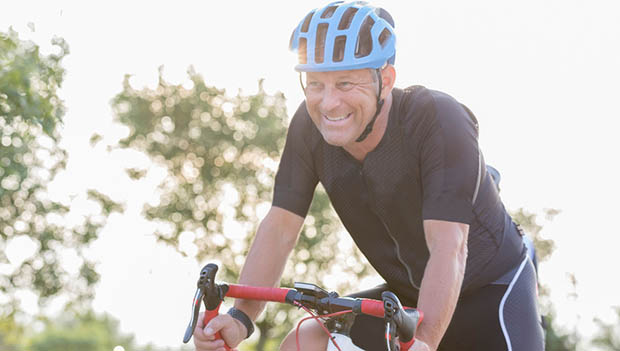
The most exciting part of buying a new bike is test riding all the options. Although shopping for a bike online can be efficient, there's no substitute for sitting on a real bike and riding it on real roads to see if it's the perfect bike for you. Use these tips to ensure your test ride experience is the best possible, and you're prepared to make an informed purchasing decision.
Get a Bike Fit
Before you test ride any bikes, you need to get a bike fit. At the conclusion of a bike fit, you'll know your fit coordinates: your saddle height, how high your handlebars are set from the ground and how far your bars are set from your saddle. Also, your fitter should have set cleats on your cycling shoes, which will help optimize your pedaling, as well as prevent any joint injury.
For Fee and for Free
Most bike shops will require you to leave a driver's license and a credit card when testing. If you want to test ride a bike for an extended period, some shops will ask for a test ride deposit or rental fee, and apply it toward the purchase of your new bike.
Call Ahead
You'll want to make sure the bike shop you plan to visit has the correct size bike you need. Call ahead to the shop, and ask if they have your size available in the brands and price points that meet your requirements. Test riding a bike that's not the correct size for you is not advisable; the bike won't handle as well as a properly-sized bike, and it may be uncomfortable. Plus, the point of a test ride is to determine if that bike is the right one for you. You can't do that with an improperly fitting bike.
Arrive Prepared
When you test ride, bring your bike helmet, cycling kit, cycling shoes, pedals and saddle. You'll want to be comfortable when you test ride, which is why you want your own gear, sized and set-up for your needs. If you don't yet have a cycling kit, pedals or a saddle, a bike fitting session is the best opportunity to find the apparel, accessories and components that will work best for you.
Set It up Right
Every bike you test ride should be adjusted for your coordinates. Don't be shy about asking a shop to swap stems or saddles for your test ride. If the bike you're test riding is not set up correctly, you won't be able to get a fair opinion of how the bike handles and feels.
Your Saddle Is Crucial
If you don't yet have a favorite cycling saddle, new bike shopping and test riding is a great opportunity to try out different options until you find one you love. A great bike can be hidden under a stock saddle that doesn't work for your comfort. If you already have a favorite saddle, bring it with you even if you have to bring your current bike and ask a mechanic for help with a saddle swap.
Learning Curve
If you're unfamiliar with any features of a bike, ask for help. Before you start test riding, you'll want to know which buttons or levers shift gears. Mechanical shifting groups are pretty straight forward; electronic shifting groups functionality vary by brand and configuration.
Go Short, Then Long
Short test rides around a parking lot won't tell you much about a bike, but a short lap will ensure the seat post and handlebars are tight, the brakes work, the tires have ample air and you're comfortable. After that, get a few miles on roads or paths to allow you to get to know the bike—climb, descend, go hard, go easy. Test ride the bike long enough that you forget you're test riding a new bike and instead feel you are just riding. You'll know pretty quickly if you don't like a bike, but it will take some time and miles to decide which "good" option is the best.
Ride and Repeat
Even if you find a bike you love, test ride other options for comparison. When test riding different bikes, ride the same route so you can compare how different bikes handle. Ask the shop to make sure tire pressures are the same for tires of the same width, or comparable pressures for tires of different widths.
Big Decisions
Keep in mind that you might not find the "perfect bike" on your first test ride. Don't be in a hurry—or feel pressured—to spend a lot of money on a bike that isn't the perfect fit.
READ THIS NEXT: What to Expect When Getting a Bike Fit
About the Author
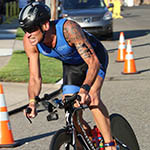
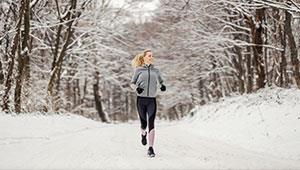
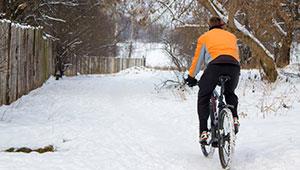
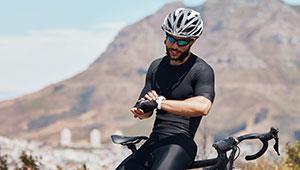
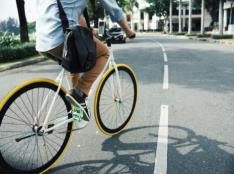
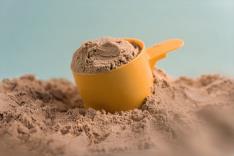
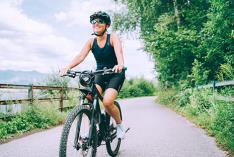
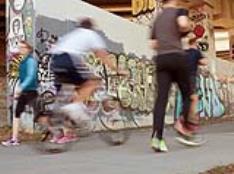

Discuss This Article